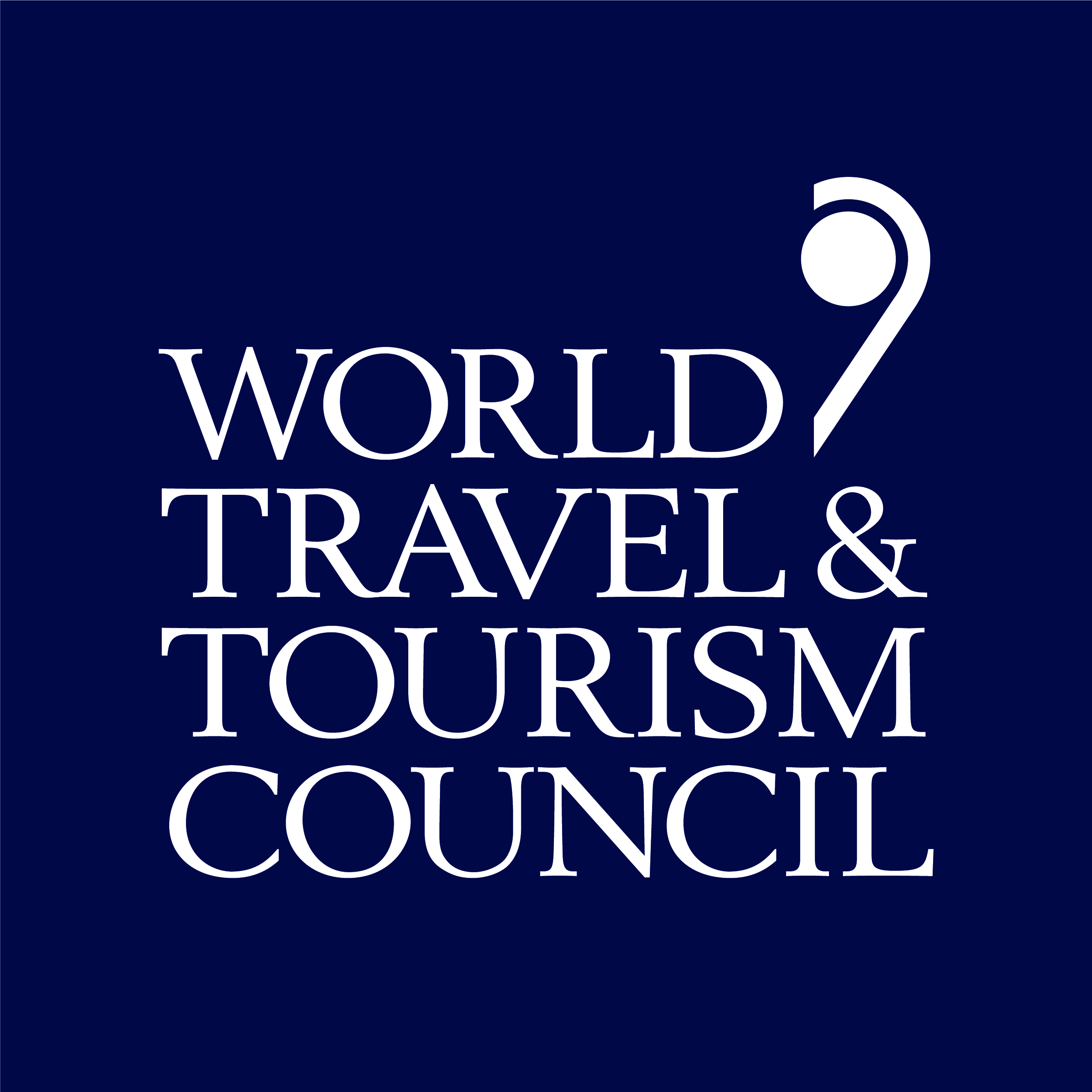AI in Travel: Technology trends to watch

Artificial Intelligence (AI) is no longer a distant concept confined to science fiction; it is rapidly becoming an integral part of our daily lives, including the way we travel. Over the next decade, AI in travel is poised to revolutionise the Travel & Tourism sector, ushering in a new era of personalised experiences, enhanced efficiency, and innovative services. As the sector evolves, the integration of AI will reshape the landscape, making travel more intuitive, efficient, and tailored to individual preferences, driving the future of tourism, and setting new travel technology trends.
Personalised travel experiences: The next frontier
One of the most significant ways AI will transform travel is through the personalisation of experiences. Currently, travellers often spend hours searching for the perfect destination, accommodation, or itinerary. However, with AI in travel, these tasks will become increasingly automated and tailored to individual preferences. AI algorithms can analyse vast amounts of data, including past travel behaviour, social media activity, and even real-time location data, to provide personalised recommendations.
Sign in to access actionable insights
Artificial Intelligence (AI) is no longer a distant concept confined to science fiction; it is rapidly becoming an integral part of our daily lives, including the way we travel. Over the next decade, AI in travel is poised to revolutionise the Travel & Tourism sector, ushering in a new era of personalised experiences, enhanced efficiency, and innovative services. As the sector evolves, the integration of AI will reshape the landscape, making travel more intuitive, efficient, and tailored to individual preferences, driving the future of tourism, and setting new travel technology trends.
Personalised travel experiences: The next frontier
One of the most significant ways AI will transform travel is through the personalisation of experiences. Currently, travellers often spend hours searching for the perfect destination, accommodation, or itinerary. However, with AI in travel, these tasks will become increasingly automated and tailored to individual preferences. AI algorithms can analyse vast amounts of data, including past travel behaviour, social media activity, and even real-time location data, to provide personalised recommendations.
Imagine planning a vacation where every detail—from the hotel to the activities—is customised to your preferences. AI-driven platforms could suggest destinations based on your favourite past trips, recommend hotels that match your style, and even create itineraries that align with your interests. This level of personalisation is not just a convenience; it represents a fundamental shift in how we experience travel. In the future of tourism, AI will make it possible for each journey to be as unique as the traveller themselves, enhancing satisfaction and creating memories that are truly personal.
Enhancing efficiency through automation
Another area where AI will make a significant impact is in the automation of travel services. The future of tourism will see AI handling everything from booking flights and hotels to managing customer service inquiries. Chatbots, powered by AI, are already being used by many travel companies to provide instant responses to customer queries, but the next decade will see these systems become even more sophisticated.
AI-powered virtual assistants will be able to handle complex travel arrangements, from rebooking flights due to delays to arranging last-minute accommodations. This automation will save time for travellers and reduce the workload for travel agents and customer service representatives. In addition, AI can optimise operations for airlines, hotels, and other service providers, leading to cost savings and more competitive pricing for consumers. As a result, the travel technology trends driven by AI will contribute to a more efficient and streamlined sector.
Predictive analytics and travel planning
By analysing historical data and current trends, AI can predict future travel patterns, helping companies anticipate demand and adjust their offerings accordingly. For example, airlines could use AI to forecast the popularity of specific routes and adjust pricing or scheduling in real-time, maximising revenue and ensuring that flights are operating at optimal capacity.
For travellers, predictive analytics means fewer surprises and more informed decisions. AI could alert you to potential weather disruptions, recommend alternative travel dates to avoid crowds or suggest the best times to book flights for the lowest prices. This level of insight will empower travellers to plan their trips with greater confidence and precision, marking a significant shift in the future of tourism.
AI-powered sustainability initiatives
Sustainability is a growing concern in the Travel & Tourism sector, and AI will play a crucial role in promoting more eco-friendly practices. One of the emerging travel technology trends is the use of AI to monitor and reduce the environmental impact of travel. For example, AI can optimise flight paths to minimise fuel consumption or recommend sustainable accommodations based on a traveller’s preferences.
Moreover, AI can help destinations manage the impact of tourism by analysing visitor data and predicting overcrowding in popular areas. This information can be used to develop strategies that spread tourism more evenly across a region, reducing pressure on hotspots and preserving natural resources. As AI continues to advance, its role in promoting sustainability within the future of tourism will become increasingly important, helping to balance the sector’s growth with the need to protect our planet.
Role of AI in creating smart destinations
The concept of smart cities is already taking shape, and AI will be a driving force behind the creation of smart destinations in the future of tourism. These destinations will use AI to enhance the visitor experience in real-time. For example, AI-powered systems could guide tourists through a city, providing personalised recommendations for attractions, restaurants, and events based on their location and preferences.
Additionally, AI can improve safety and security in tourist destinations. By analysing data from various sources, AI can identify potential risks, such as overcrowding or environmental hazards, and alert authorities to take preventive measures. This level of responsiveness will make travel safer and more enjoyable, as destinations become more attuned to the needs and preferences of visitors.
The true potential of AI lies not just in enhancing individual aspects of travel but in creating a more connected, intuitive, and responsive sector as a whole. As these travel technology trends continue to evolve, those who embrace AI will be well-positioned to thrive in this new era, while those who resist may find themselves left behind. The next decade will be a transformative period for travel, and AI will be at the forefront of this revolution.

















